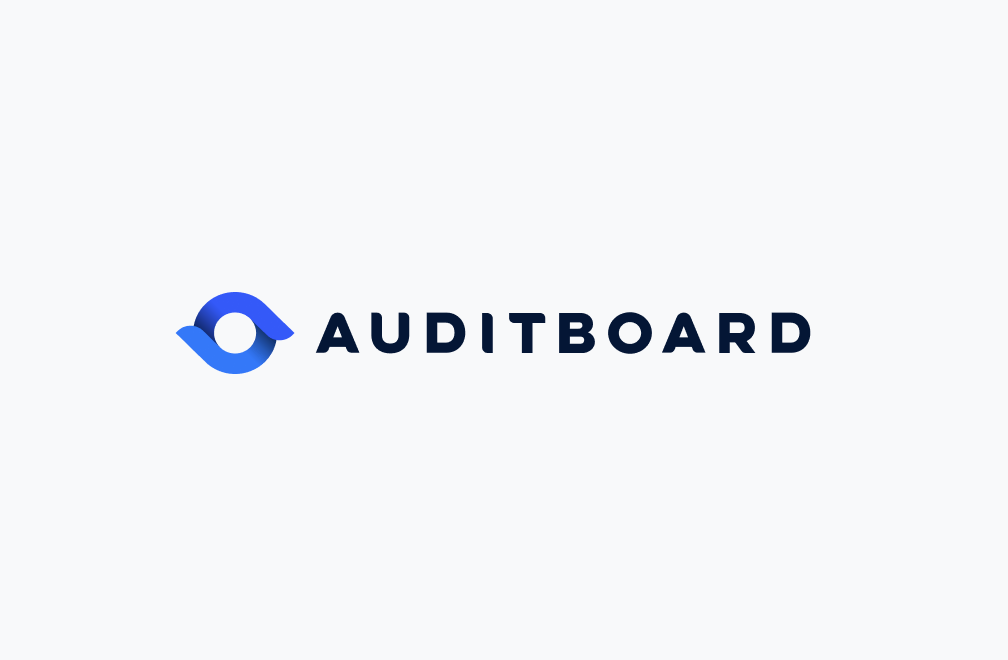Executive Behavior Is Top Indicator of Culture Risk, 68% of Internal Audit Leaders Say

Findings from an AuditBoard survey of 350+ chief audit executives reveal that despite the risks posed by executive conduct, 37% of organizations do not formally assess culture.
LOS ANGELES, CA – June 27, 2023 – AuditBoard, the leading cloud-based platform transforming audit, risk, and compliance management, today announced the results of their 2023 Organizational Culture and Ethics Report. The report was co-authored by Richard Chambers, Senior Internal Audit Advisor at AuditBoard and former CEO and President of The Institute of Internal Auditors, and Cynthia Cooper, CEO of CooperGroup LLC; best-selling author and internationally recognized speaker on ethical leadership, organizational culture, and fraud prevention and detection; former WorldCom and MCI Vice President and Chief Audit Executive and whistleblower; named one of TIME Magazine’s Persons of the Year and included in TIME’s most influential women of the last one-hundred years.
The report reveals that despite the major risk that executive behavior is seen to pose, organizations are not prioritizing culture assessments as a defense against the kinds of corporate malfeasance that arise from misalignment on values and ethics. In addition, even when companies do assess culture, they frequently rely on often more qualitative approaches such as root-cause analyses in individual audits and behavioral observation versus more formal, holistic, and quantitative approaches to provide reliable assurance.
In fact, AuditBoard’s survey — which sought to identify why culture remains on the back burner at many organizations — found that one in five companies don’t assess or audit culture at all, despite recent corporate crises that stemmed directly from unhealthy or unethical cultures.
Key findings of the report include:
- Senior Executives Are the Key Corporate Culture Drivers: Selecting up to three entities, respondents identified culture as starting from the top, with 76% citing the most influential entity on culture as the CEO and/or founders, followed by line-management (65%), then non-CEO C-suite members (60%). Board member impact trailed in a distant fourth place (27%).
- Internal Audit Often Relies on More Qualitative Audit Methods to Assess Culture: One in five organizations surveyed did not assess culture at all, but internal audit teams at organizations that did so favored methods such as root-cause analysis in individual audits (41%) and behavioral observation (40%). More complex methodologies such as standalone audits of culture (10%) and audits against ethics and compliance federal sentencing guidelines (8%) received the lowest scores.
- Few Organizations Issue Formal Reports on Culture: Only 17% of those surveyed produced written standalone reports on overall culture. 40% of respondents identified briefings or discussions with management and/or the board to be their typical product of culture assessment.
- Companies May Be Overlooking Strategic Benefits of Healthy Cultures: Overall economic growth (3%), competitive advantage (2%), and organizational longevity (2%) were some of the lowest-ranked benefits. The highest-ranked benefit was employee well-being (38%).
In direct response to the survey’s key findings, report authors Cynthia Cooper and Richard Chambers developed a Culture Assessment Toolkit to assist stakeholders in developing their own culture assessment program. Issuing a call to action for internal audit teams to assess culture in a data-based, quantitative manner, the authors highlight critical resources to set and monitor key culture risk indicators, define healthy culture guiding principles, and ensure appropriate issues around culture and culture reporting are being addressed at board, audit committee, and executive meetings.
“No organization can afford to ignore the impact of culture on success. A healthy, ethical, and high-performing culture is a sustainable competitive advantage within an organization’s control,” said Richard Chambers, Senior Internal Audit Advisor at AuditBoard. “There is a great opportunity for internal audit to lead the way by helping organizations understand the urgent and far-reaching impacts of culture.”
“Culture can be an organization’s most powerful differentiator or its biggest risk. Cultivating a healthy, high-performing, and ethical culture offers tremendous benefits, and is critical to achieving long-term sustainable success and avoiding the pitfalls of organizational failure,” said Cynthia Cooper, CEO of CooperGroup LLC. “But culture can often seem nebulous and difficult to understand. We hope to take the mystery out of culture to help boards, executives, and gatekeepers gain a deeper understanding of what drives culture, the most important culture risk indicators and healthy culture guiding principles, and how to assess culture — identifying small changes that will drive big impacts in areas such as ethical behavior, employee engagement and well-being, and customer satisfaction and retention.”
To produce the 2023 Organizational Culture and Ethics Report, AuditBoard collected data from 350+ respondents to an online survey conducted in April 2023. Respondents were chief audit executives and internal audit directors in organizations based primarily in North America, representing a diverse group of industries and internal audit department sizes.
To see the full results of AuditBoard’s 2023 Organizational Culture and Ethics Report, please visit AuditBoard.com.


